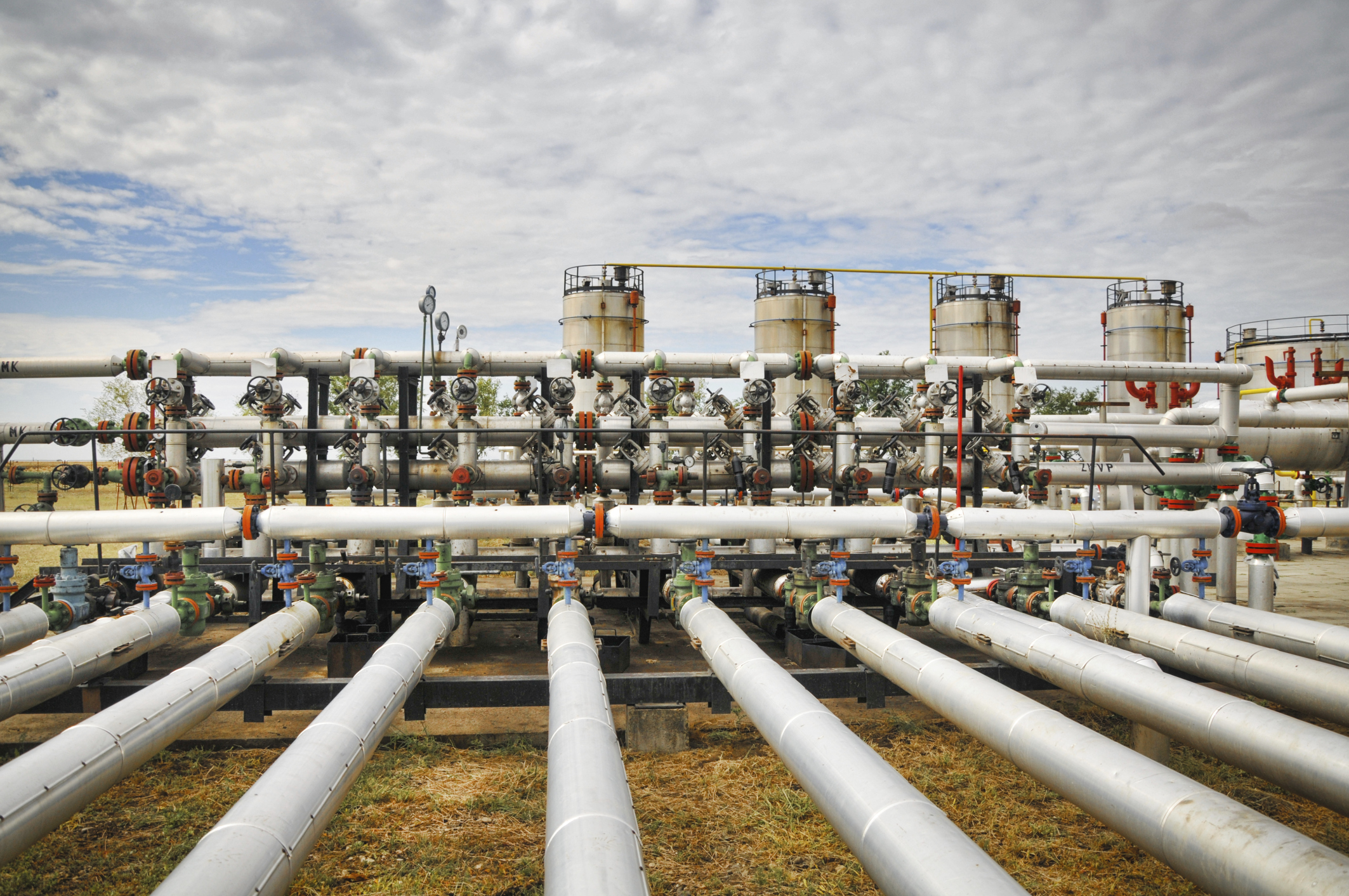
Bill would take steps to modernize regulatory framework of Chile’s natural gas industry.
Chilean gas market regulation needs improvement. That’s the conclusion Chilean President Michelle Bachelet arrived at recently, prior to presenting a bill to Chilean Congress that would make several modifications to the nation’s regulation of the natural gas industry.
The bill’s underlying aim is to protect consumers better, while providing companies with clearer rules to encourage investment in the gas sector. As proposed, the bill would reduce the profits utilities are allowed to make, modernize processes for calculating gas tariffs, create a more flexible tariff system to accommodate different types of end-users, and establish a dispute resolution body specializing in gas industry issues.
The bill’s centerpiece would lower the cap on utility profits that current natural gas regulations impose. Under the existing price structure, utilities can charge customers as much as they want, provided they do not exceed their caps on profitability. The profitability caps are set at a fixed percentage, established by law, above each utility’s capital costs rate.
Under current law, the Tribunal for the Defense of Free Competition (TDLC), an independent government body responsible for the promotion and defense of free competition in the Chilean market, is responsible for determining whether utilities are in compliance with profitability caps. If the TDLC concludes that a utility has exceeded its cap, it reports this finding to the Chilean Ministry of Energy, which then sets a “fixed tariff” for the violating utility. The fixed tariff, which is calculated according to a tariff fixation process, caps how much a utility can charge to its customers.
The proposed legislation would keep this basic structure in place but reduce the profitability caps, ensuring that customers are charged more fairly. The proposed bill would also entrust the National Energy Commission, rather than the TDLC, with determining whether utilities are in compliance with their profitability caps. The bill also proposes changes to the tariff fixation process for utilities that exceed profitability caps.
Current law sets profitability caps, but lacks a regulatory framework for calculating fixed tariffs. The proposed legislation would establish a clear, predictable procedure for determining fixed tariffs, providing utilities and potential investors with more certainty about future pricing and profits. Under the bill, a fixed tariff would be equivalent to the sum of the utility’s gas purchase agreements, gas transport agreements, and distribution costs. Once the National Energy Commission calculates the fixed tariff, the Ministry of Energy would issue a decree specifying how much the utility can charge customers, which would remain in force for the next four years. Additionally, non-complying utilities would have to compensate consumers directly by returning any excess profits to them, in amounts the Commission establishes for each customer.
The bill proposes the creation of three types of final consumers, each subject to a different pricing structure. The first type of consumer would consume less than 2,000 gigajoules of natural gas per month, including mostly residential and commercial consumers. Prices for these consumers would likely decrease due to the reduced profitability cap established by the bill, and any of the utility’s excess profits would be refunded to the customers. The second consumer type would comprise those consuming more than 10,000 gigajoules per month, such as large industrial consumers. These consumers would be subject to a “free tariff regime,” under which they could freely negotiate their gas prices directly with utilities. The bill third category of consumers would encompass consumers using between 2,000 and 10,000 gigajoules per month. This last consumer type, primarily small industrial consumers, would be able to choose between the regulated freedom of tariff regime applied to smaller consumers, and the free tariff regime applied to larger industrial consumers. This decision would be binding for four years, after which the consumer could elect to shift to the other regime.
Another measure proposed by the bill is the creation of a specialized dispute resolution body, or “experts panel,” to resolve controversies over tariff and profitability determinations. This panel would be a major innovation in Chile’s regulation of the gas industry because current law relies on regular courts as the place to resolve such disputes.
The proposed gas regulation amendments are part of the larger Chilean Energy Agenda, announced in 2014. However, as the Chilean Minister of Energy Máximo Pacheco indicated, the amendments were also prompted by the fact that Metrogas, one of Chile’s largest gas companies, was charged with allegedly exceeding its profitability cap last year.
Chilean president introduced the bill to the Cámara de Diputados of the Chilean Congress on January 29, 2015, under the bulletin number 9890-08.



